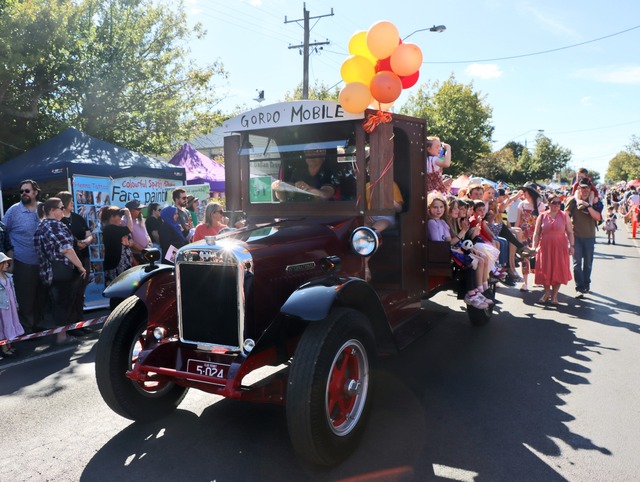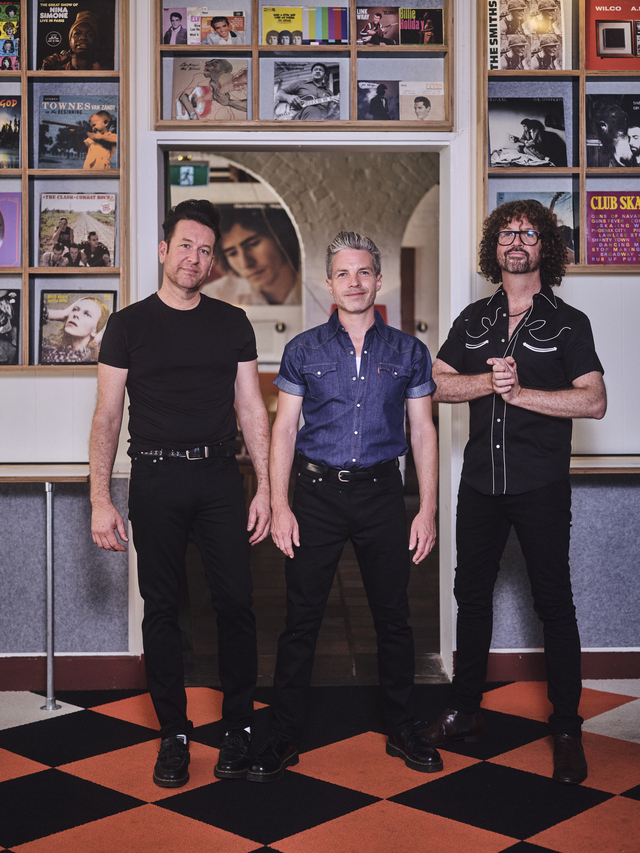So asparagus crowns seemed like the perfect spur-of-the-moment-just-’cos thing to buy for my dad.
He loves the stuff and, given half a chance, would eat it every day in season, and even pretends not to notice when it’s imported from Peru.
Now, he could grow his own crop in one of those raised garden boxes out the back. They’ve been sitting there empty ever since mum requested we buy them to house herbs she would never grow. And it might rekindle his interest in the garden, I thought, marvelling at my own brilliance.
Indeed he seemed quite pleased until he started reading the planting instructions on the back.
“Do not harvest for two years to allow the crowns to grow strong,” he read.
Now dad is 87.
He’s really not a well man.
He gets his personal papers in order at least once a month – just in case.
Setting the bag of packaged roots down, he looked at me with what I could only describe as pity.
Perhaps, I offered, you could think of it as an insurance policy. You cannot die until after the first asparagus harvest!
He smiled slyly.
“I’m thinking of other insurance policies,” he said. “How about a 1924 bottle of Royal Brackla to crack open when I turn 90.”
It only costs like $12,000, but hey – I’m for it – if it works.
The thing is, as much as my dad is missing mum, as much as his poor legs pain him so he can barely walk sometimes, as much as his life has become restricted by his failing body – he doesn’t want to give up.
He still finds joy in music and reading, still takes pleasure in the company of others, still gets fired up enough to write snappy, clever letters to The Age about the mean-spiritedness of Tony Abbott and the neo-cons.
Given my dad’s willingness to embrace life in spite of considerable impediments, I can only wonder at those who feel they have no choice but to let go.
In the past three months three men of my family’s acquaintance have suicided, each of them in completely different stages of life and circumstances, but evidently bound by a common, unshakeable despair.
One, the 55-year-old tradesman who built our deck, killed himself after a violent row with his drug-addicted son. He first calmly wrote cheques for any outstanding accounts to his hardware supplier and sub-contractors, thereby honouring any debts before death.
The second to take his own life was my brother’s 40-something friend. A man with a lovely daughter, wife, beautiful home and successful business – all the supposed requirements of a good life. You think, really, can the decision to end your life be in any way rational in such a case?
Then last week at the local shops I bumped into a neighbour from down the road.
He asked me if I had heard about Liam, his 25-year-old son.
No, I said, expecting he was going to tell me he’d moved interstate, joined the Army, broken his leg falling from a horse, got engaged, anything really except …
“He committed suicide on Friday.”
What do you say? What do you say?
He stood there with his arms limp at his side, a picture of abject misery.
There was nothing to be done except give the poor man a hug, which only succeeded in unravelling him completely.
Suicide is not painless.

















